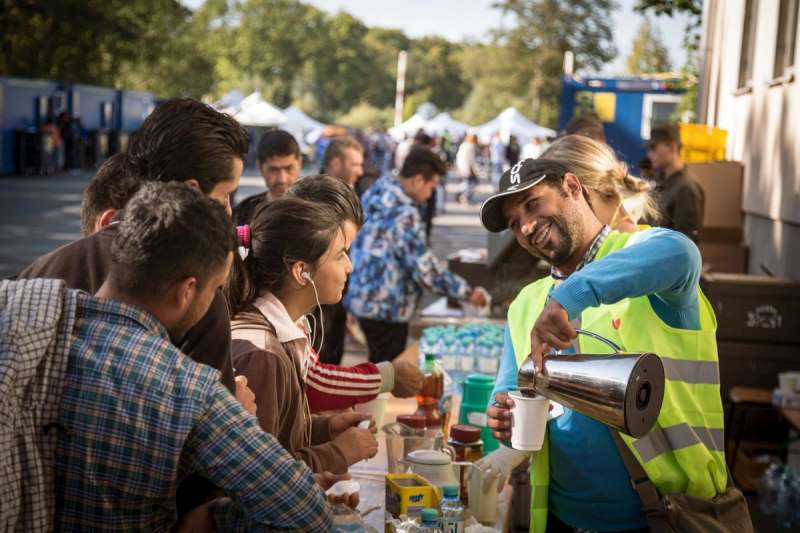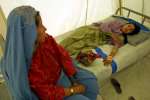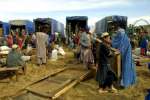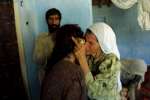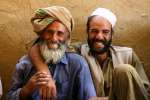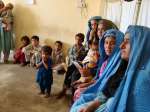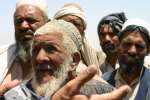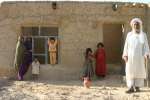- Text size
 |
|  |
|  |
| 
- عربي
Refugees themselves, Iraqis volunteer to help others reach safety in Germany
News Stories, 12 October 2015
SALZBURG, Austria, Oct 12 (UNHCR) – Childhood friends Hussein and Jaffa fled war ravaged Iraq together, crossing seven borders and the Aegean Sea to seek refuge in Europe. As they seek asylum in Austria, they decided to help those following in their tracks.
Donning fluorescent jackets, they volunteer in a makeshift camp on the Austrian side of a bridge to Germany, helping 1,000 or so foot-sore refugees to get hot food, medical care, tents to sleep under and warm clothes to beat the autumn chill.
"This is something I want to do here – to help people and to keep busy," says soft-spoken Jaffa, 23, snatching a moment to chat while interpreting for Arabic speaking refugees headed to Germany – journey's end for many of them.
Many have travelled from war-torn countries like Syria, Iraq and Afghanistan by boat, train, car and on foot. All that's left is navigating the Austrian and German police cordons on the bridge linking the two neighbouring countries.
Too exhausted to travel further after his own weeks-long flight from danger, Jaffa is among about 57,000 people who have applied for asylum in Austria so far this year.
Formerly a soldier in the Iraqi army, he saw friends and comrades slaughtered by better prepared militants. When ordered into combat in Tikrit, Jaffa opted to join Hussein, a childhood friend from their hometown of Basra in southern Iraq, to seek safety in Europe instead.
Hussein's outlook was no less grim. He was 13-years old when coalition soldiers picked him up off the street to work with them when they heard him speak English, he said. But he was left behind when they withdrew from Iraq, despite threats against him by local militias. After gunmen murdered his wife, child and father earlier this year, Hussein was finally forced to flee.
In the past months, the friends made several perilous attempts to cross to Turkey by sea before finally landing in Greece, and managed to reach Hungary before its borders were closed.
"We joined hundreds of people that put their hands together and walked [from Budapest] to Austria," says Jaffa. "We felt really welcome here."
Germany is expecting to welcome 800,000 refugees this year, and sea arrivals to Greece surpassed 441,000 this month. The number of refugees arriving in these countries needing registration and protection is putting enormous pressure on European governments.
In the ten days that Hussein and Jaffa have helped support refugees as they prepare to cross the border into Germany, they grow more anxious about their own future. They have not heard back about their asylum petitions, and with little money to spend, were told they will have to leave their tent accommodation soon.
But as they wait to resolve their own uncertain status, their efforts to bridge cultures and language barriers for Arabic speakers seeking safety in Europe has been welcomed by refugees and the community.
"It's great to see how well civil society and the authorities are working together to provide urgently needed support to refugees," said Christoph Pinter, head of UNHCR in Austria. "And we are thrilled that refugees as well as asylum-seekers from the region are volunteering too, both with their language skills as well as their knowledge of both societies," he said. "This is very valuable."
By Rebecca Murray, Austria
